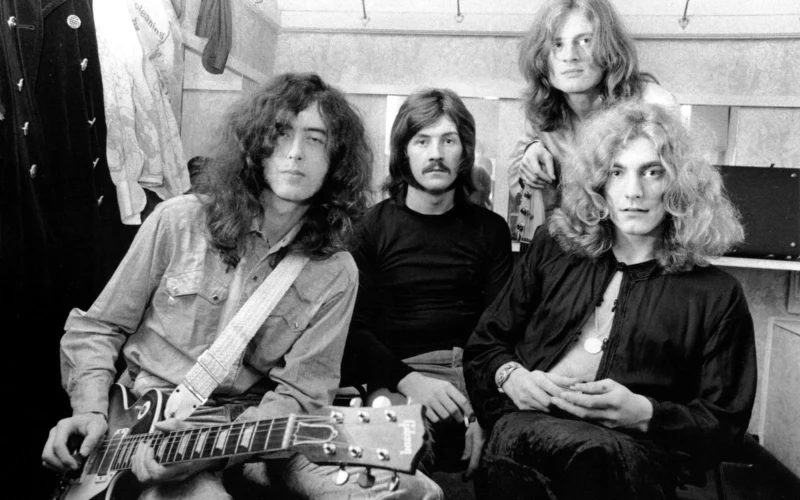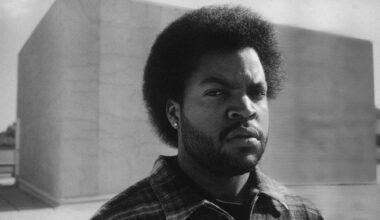Every single member of Led Zeppelin helped the band become a powerhouse. Even though Jimmy Page and Robert Plant may have been the ones standing at the front of house, it took the strength of John Bonham to make the songs come alive, taking the sounds of chaos and turning it into thunderous rhythms. While this triumvirate of rock greatness is rightly heralded, if there ever was a secret weapon to the band, it would have to be John Paul Jones.
Throughout their tenure, Jones was known as the man who operated in the background of the tracks, providing an amazing bass line or manning the keyboards for any of the downtempo moments. Even in the background, Jones was known to make the band move forward at every turn, injecting pieces of musical perfection into his songs without the listener even realising.
Despite the massive lick library of Page, Jones’s lines were the ones that had a bit of musical flair to them. Outside of the amazing work on ‘Black Dog’, Jones was responsible for turning the central guitar line into one of the biggest riffs in classic rock, constantly keeping the performers on their toes, wondering where the groove would go next.
Although Jones could tear it up onstage, he thrived in the studio. Bred as a session musician, Jones’ attention to detail in the arrangements left a huge mark on where Zeppelin would go in the coming years, making their double album Physical Graffiti so eclectic with its vast array of different influences.
While Page always valued his partnership with Jones as the musical foundation of Led Zeppelin, he thought his finest moment came at the end of the band’s tenure. Featuring a muted performance from Plant following the death of his son, In Through the Out Door gave Jones a chance to run wild in the studio, pulling out all the stops on tracks like ‘All My Love’, featuring the same kind of synthesisers that Stevie Wonder was used to using for his best material.
When talking about his work on the album, Page would consider In Through the Out Door to be one of the shining moments for Jones in Zeppelin, saying, “John Paul Jones had been inspired by this keyboard, I guess — he had complete numbers that he’d written, you know, with verses, choruses, middles, and it was fantastic because Presence had been an electric guitar album. John Paul Jones had this writing renaissance because he hadn’t written whole numbers before, and suddenly he had.”
Outside of Jones’s performance, Bonham also had room to expand his craft on the album, recording songs like ‘Fool in the Rain’ with the same shuffle rhythm that Bernard Purdie had laid down with Steely Dan. Page may have been the resident rock star whenever Zeppelin took to the stage, In Through the Out Door represents the first time Jones surpassed Page’s proficiency behind the fretboard.






